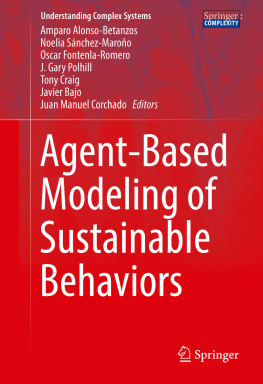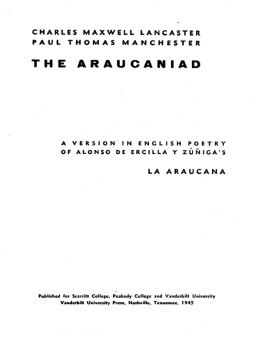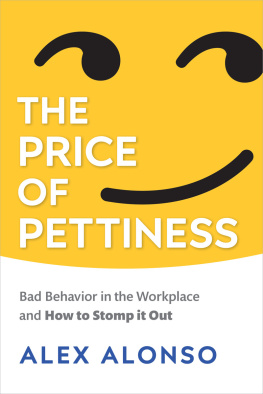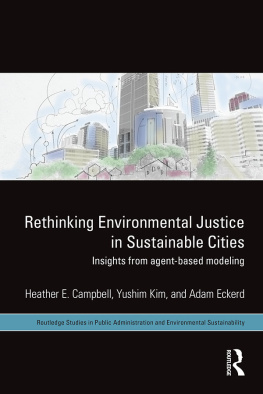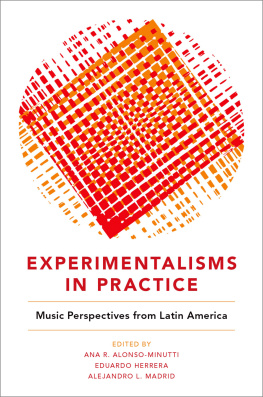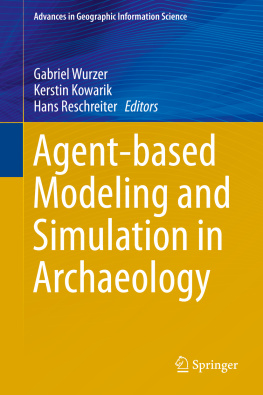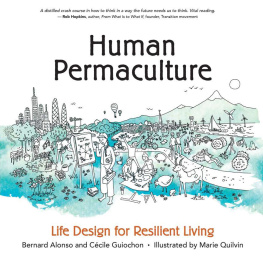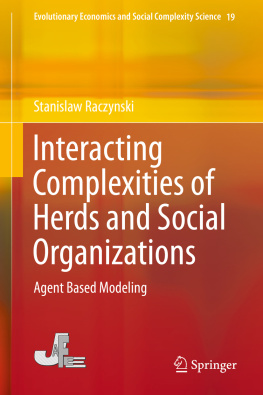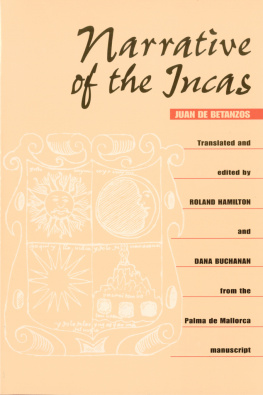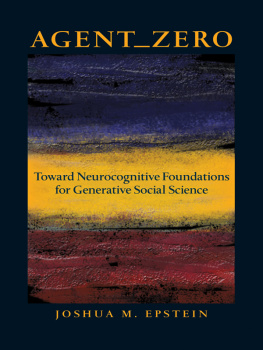Towards Psychologically Plausible Social Simulations
As is common in modelling approaches, ABSS (Agent-Based Social Simulations) strive to abstract and reduce information. The first step to tackle the micro-macro gap in ABSS is done abstractly (following a top-down approach in science) and has brought important methodological insights in showing how the paradigm of agentsas heterogeneous individuals with frequent interactionsis able to tackle emergent social phenomena. However, oversimplification in ABSS is increasingly criticized (e.g. []) since their unrealistic assumptions often impede their evaluation and application in real-world conditions. Additionally, in reducing social simulations on the interactional aspect, conventional approaches often neglect how social interactions are generated. These weak points are recently tackled by different approaches, which consider psychological processes that generate social interactions. Such psychologically plausible agents in ABSS can overcome these limitations and bridge the gap between psychological and sociological perspectives by providing a platform for their integration.
The discussion between sociological, economical, and psychological approaches is reflected in the discourse between social simulations and cognitive simulations. Similarly to sociology, conventional ABSS approaches argue that macro-level phenomena are better explored using abstract micro-specifications. Typical arguments against sophisticated decision-making models include that sometimes an agents properties at the psychological level are assumed to be constant and that often the processes that give rise to the agents action (and their alternatives) are not relevant [, p. 430]. That is, in such cases it does not matter why the agent decided the action, but only that the agent does it in the given context.
Recently different approaches in ABSS and cognitive science (e.g., [, p. 17]. This limits the usage of conventional ABSS in real world applications (e.g., for policy testing). ABSS supports understanding the dynamics in social simulations and identifying emergent, i.e., unpredictable, phenomena. Hence ABSS is helpful as a starting point to identify turbulent states in complex systems but is limited in addressing them. For instance, to be able to compare the models parameter to empirical data and in turn inform policies of how to tackle the phenomenon, psychologically plausible models are necessary. In the end, a tradeoff is always necessary, since on the one hand a model implies abstraction, but on the other hand we cannot know the causes of a phenomenon a priori, but we can tackle the structure that generate these causes, which is the human mind. This is particularly the case with counter-intuitive emergent phenomena. One possibility for a trade-off is to use basic building blocks of cognitive models as foundations and, dependent on the concrete research question at hand and insights about emergent behavior from prototypical simplified ABSS, to decide on their detail of specification and extension.
The integration of social and psychological aspects with psychologically plausible models in agent-based social simulations support deeper explanations and better forecasting. In particular, it provides deeper process explanations which contribute to a more adaptive management of less predictable (complex) developments. As general in science, top-down or bottom-up approaches in integrating social and psychological levels in simulations are possible. A top-down approach would start with a simplified social simulation that informs the necessity and detail of specifications in the psychological layer. However, often (wrong) explanations are possible on the social level. Additionally, often docking from the social level to the psychological level is difficult to do, in particular due to the counter-intuitive aspect of emergence. The bottom-up approach would start with representing a psychologically plausible representation of human decision-making, being the source of all behavioral phenomena, and identifies the (often unexpected) causes of the social phenomena. Here simplification would be done after exploring the model in simulations. A bottom-up approachstarting with assumed building blockswould also resemble a generative approach, which is one of the core-theme in ABSS.
Overall, reaching the limits of social simulations, one conclusion is that deeper explanations and realistic forecasts require sophisticated models of human decision-making.
Next, we demonstrate the Consumat approach as an established psychologically plausibly model to explore sustainable behavior. After that we use the SiMA-C approach to demonstrate details of considering the social context in individual decision-making using an example of prompting to switch to environmental-friendly energy providers in social media.
Simulations of Sustainable Behavior with the Consumat Model
The Consumat approach has been developed as a generic conceptual framework to guide the development of social simulation models that include different human needs and decision strategies.
The basic drivers of behavior in the Consumat framework are needs and the fulfilment of needs resulting in satisfaction . Humans have multiple needs as indicated by Maslow []. In developing a simple social simulation model we often want to reduce the number of needs, hence we make a basic distinction between three main need forces: existence , social and personality. Existence relates to having means of existence, food, income, housing and the like. Agents act in order to avoid depletion of these resources over time. Social relates to having interactions with others, belonging to a group, and having a social status. Personality relates to satisfying ones personal taste with respect to overall life values and norms, such as environmental protection, altruism, or enjoyment of life. Depending on how important these needs are for an agent (personality) and how satisfied/depleted these needs are, the agents have a motivation to perform a particular behavior out of a range of possible behaviours (or behavioural options).

